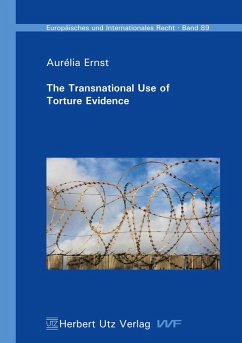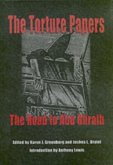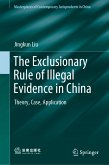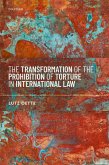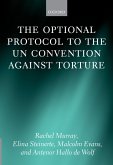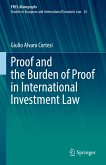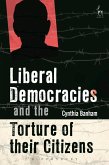The use of information allegedly obtained by torture abroad is one of the past decade's most controversial international legal issues. It sits at the heart of a conflict between the absolute prohibition of torture and the need for powerful counter-terrorism measures. This book focuses on two aspects of the issue. It first tackles the international legality of using such information as evidence in criminal court proceedings, before examining whether States may rely upon this kind of information for preventative measures. The book systematically analyses the exact scope of the judicial exclusionary rule for torture evidence, including its applicability to foreign evidence and evidence extracted by cruel, inhuman or degrading treatment or punishment, as well as the burden and standard of proof that trigger the rule. Then, it sheds light on the legality of the operational use of such intelligence. While the law on this second aspect is often perceived as unclear, the present analysis shows that international law - mainly the UN Convention Against Torture, complemented by the rules of State responsibility, specifically the concept of complicity - comprehensively regulates the operational use of information allegedly extracted by torture abroad.
Dieser Download kann aus rechtlichen Gründen nur mit Rechnungsadresse in A, B, BG, CY, CZ, D, DK, EW, E, FIN, F, GR, HR, H, IRL, I, LT, L, LR, M, NL, PL, P, R, S, SLO, SK ausgeliefert werden.

